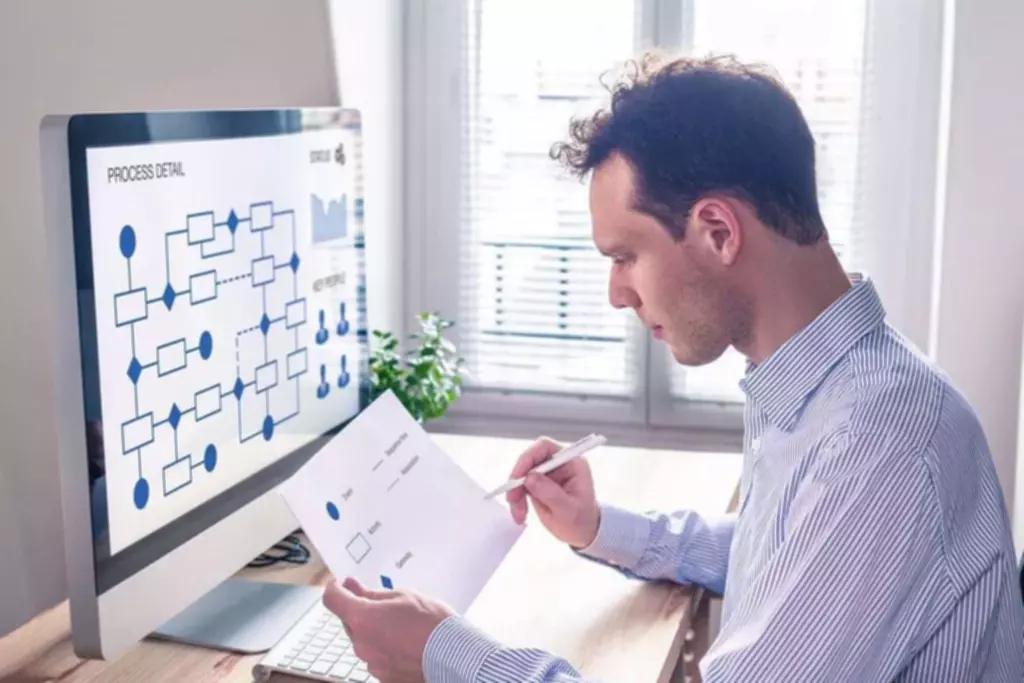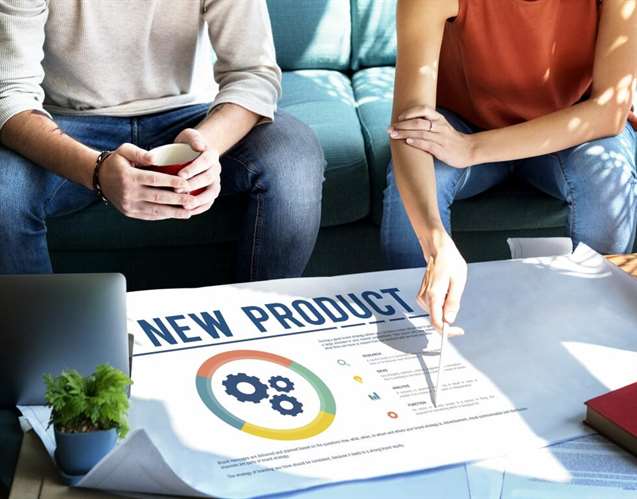If you’re using a learning management system (LMS), creating learning pathways helps you ensure employees are upskilling as needed. However, if time gets away from them, or they aren’t responsive to certain required courses, it can be hard to remind them of the importance of said training. They’re not an instructor or lecturer, who are content or subject matter experts. This is typically the case no matter the topic nor its level of importance. This reluctance of some participants to openly involve themselves in what is going on during a session can prevent the entire group from reaching its objectives.

I like to keep a few energizer activities on hand that get people moving, bring energy up, focus the group, lighten the mood, and get people thinking creatively. No one does their best work when they’re feeling low or tired, and a few fun activities can go a long way toward bumping the mood of the room up to a fun, productive level. While definitely connected to preparation, knowing who’s in the room is an essential skill for effective facilitation. Find out as much as you can about who will be in the room before you get there. The more you know about the group, the individual personalities, and the dynamics at play, the better you’ll be able to plan for a successful session and a positive experience.
Facilitation Skills That Every Great Facilitator Must Have
Mastering the facilitation mindset is key to becoming an effective facilitator and is also the thing MOST facilitators (novice and experts alike!) get wrong. A skilled facilitator can supercharge a team’s performance by eliminating the friction of group collaboration and providing a process for the team to follow. Crafting a culture of lifelong learning is important to ensuring an organisation’s success.
Simply put, a facilitator aims to let the group achieve their goals by providing them with the best situation to do so. Not to define the outcome, to influence the result, or to influence the end product. Organizations need excellent facilitators to coordinate groups, resolve conflicts or handle a wide variety of situations, regardless of their complexity. Team members will be the primary contributors, and it is the facilitator that is there to encourage this participation, moderate it, and ensure that every single person can have their say and take part. When planning your session and while you’re in the room facilitating, inclusivity is the name of the game. You’ll want to find ways to help the entire group participate on an equal playing field.
Jun Top 11 Skills of an Effective Facilitator
As you advance the slides, your notes will conveniently tell you (and only you) what to do next and give you reminders of what to expect. If you have a small group of participants who you already know, you can call on specific people who have expertise in the agile team facilitation subject and get them to answer a hard question. If you don’t know everyone, try to get to know them quickly and ask them to chime in with their expertise as needed. Encourage folks to share strategies, stories from the field, and lessons they’ve learned.
A good facilitator also needs to be open to adjusting the plan based on the team’s needs and inputs. If the members feel as though they’re able to contribute and share their feelings about the process, they become much more likely to buy into the process and fully engage. You can share a personal experience with the group that will help them understand the session topic better, as well as asking them to share their own experiences. Some of the listeners are sure to empathize with the story and imagine themselves in it, helping them to connect with the material more deeply.
What Are Interpersonal Skills?
Although the field of professional facilitators is relatively new, there are several well-received educational options available. Facilitation is about believing the group has the tools and skills needed to solve its own problems. Trusting the group can be difficult, especially if you are also an expert in the content, or perhaps a manager, and feel you might have some answers yourself. Outdoor activities, including sending participants for a brisk walk, can do wonders, and so can a well-thought-out use of music in a workshop (including online!).

Defining leadership through facilitation is the key to creating radical change. A common misconception is that being inclusive means involving everyone all the time. However, as Art of Gathering author Priya Parker brings into focus, optimal inclusion sometimes requires deliberate exclusion. This doesn’t mean permanently sidelining certain individuals but rather knowing when and where their involvement is most beneficial.
Sensing the energy level in the room (and adapting to it)
While it is a good idea to assign roles like note-taker, time-keeper or presenter to other meeting participants, remember that it is the facilitator who is ultimately responsible for accomplishing the objectives. Therefore, you must retain control even if you allow others to lead certain meeting aspects. Make it clear from the start that you have the final say when to close one topic and move on to the next. Be assertive in the way you guide discussions and ensure that everyone remains on task to ensure that you are using time productively.

Without proper communication, holding a workshop is just a colossal waste of everyone’s time. It is critical to understand that they are not the same and have entirely different and opposing objectives. While trainers are instructors who impart knowledge to others, facilitators are not responsible for any transference of information at all. In fact, it is not uncommon for professional facilitators in a business setting to lack a deep understanding of the subject. When we start to recognize and meaningfully improve these key facilitation skills, that’s when we can begin to achieve real change in how we work together with others.
What Are the Three Roles of a Facilitator?
Maybe you originally planned on taking a break in 30 minutes, but the group needs it now—so give it to them! It’s about taking care of your group to help them operate at their best. Maybe I’m dating myself here, but what do you know about this jack-of-all-trades magical child care worker? For one, she had a bag (well, a purse) of tricks for every situation. You need to have your own bag of tricks to help a group get to their end goal.
- Ultimately, the goal is to help the group make decisions in a way that is respectful of everyone’s opinions and needs.
- These are the “process” skills we use to guide and direct key parts of our organizing work with groups of people such as meetings, planning sessions, and training of our members and leaders.
- Staying calm during discussions or when things get heated is important to limit any tensions or situations before they occur.
- Empathetic listening is the skill of understanding the surface meaning of the words a person says and knowing how to identify the emotional feelings attached to them.
- Managing other people within a time constraint is much harder than managing your own, which is what defines a high performing facilitator.
- It’s not about getting everyone thinking the same—rather, facilitators find areas for individuals to connect so it becomes an us-vs-the-problem over an every-man-for-himself situation.
- Watch that you’re not repeating yourself, saying “ah” between each word, or speaking too fast.
It’s also not necessarily about staying neutral, because facilitators do have an agenda. The ability to see things objectively means you can change your perspective, stay https://www.globalcloudteam.com/ composed and make more informed decisions that capture the essence of the problem at hand. Put simply, an effective facilitator aims to bring out the best in others.
Practical facilitation skills
It also involves being able to identify when there may be conflict brewing, and taking steps to address it before it becomes a problem. It involves being fully present and attuned to what others are saying, both verbally and non-verbally. This requires not only hearing the words that are spoken but also taking in the meaning behind them. It also involves being aware of any underlying emotions or needs that may be driving what is being said. Most people have never heard the term “facilitation skills.” However, these skills are important for anyone who wants to be an effective leader or manager. Facilitation skills enable leaders and managers to get tasks completed efficiently and effectively by groups.
